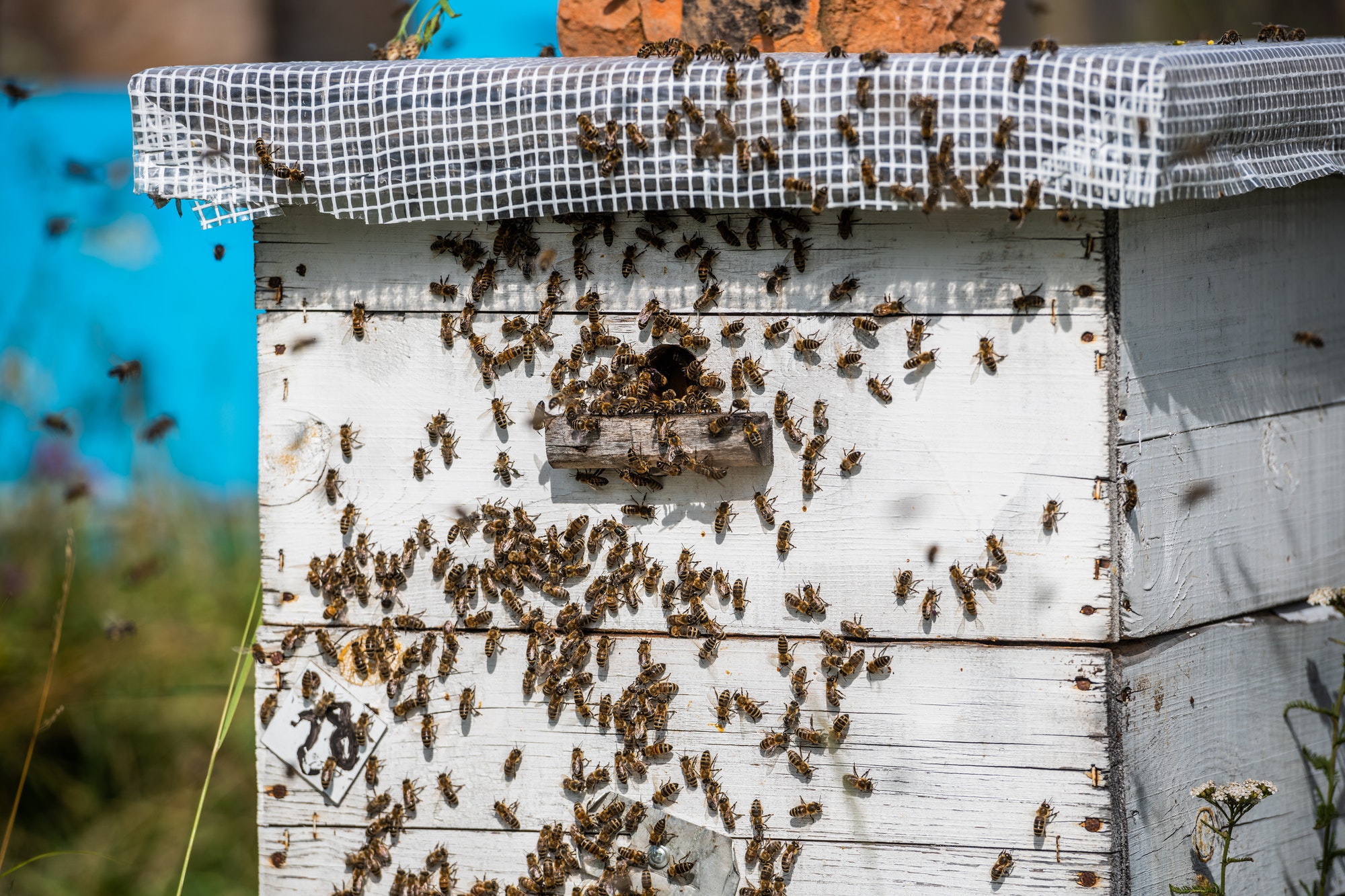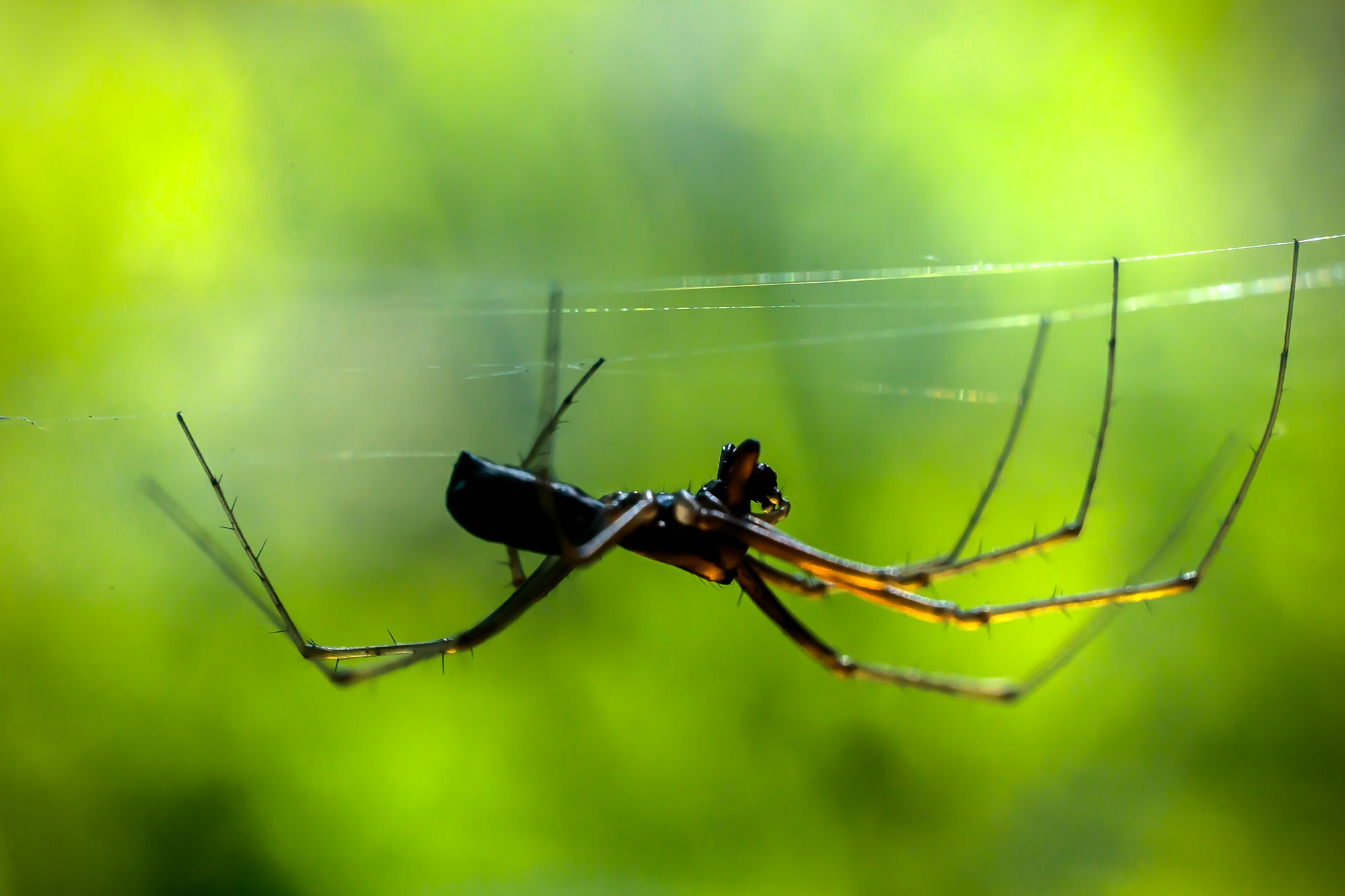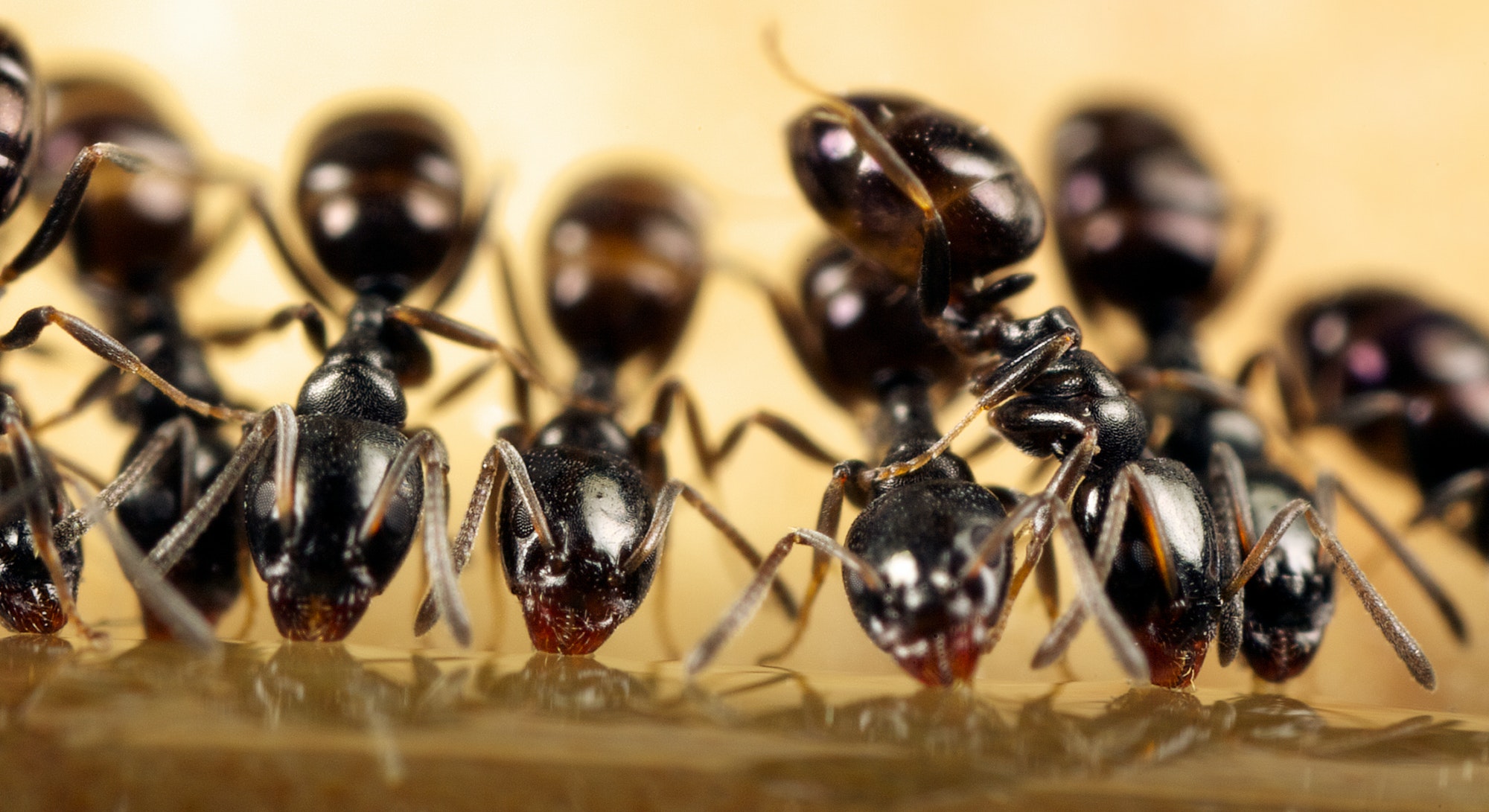Why Bees Are Important For The Ecosystem?
Buzzzz….you may find bees annoying as they chase and sting you but they contribute so much to our green environment that allows flowers to bloom. These social insects with black stripes and yellow coating have many important purposes including contributing to pollination to a variety of plants, producing food for other animals, and last but not least assembling honey to feed their colonies and young ones.
Bees are well known for the pollination they provide to our earth, which permits cross-pollination allowing nectar aka energy to be accessible to others. Additionally, Nectar is a necessity in flowers and if bees were to go extinct, it would make it harder for pollinators to fly. Nectar is one of the plants’ only sources of energy. Now you must be wondering what effect pollination has on humans.
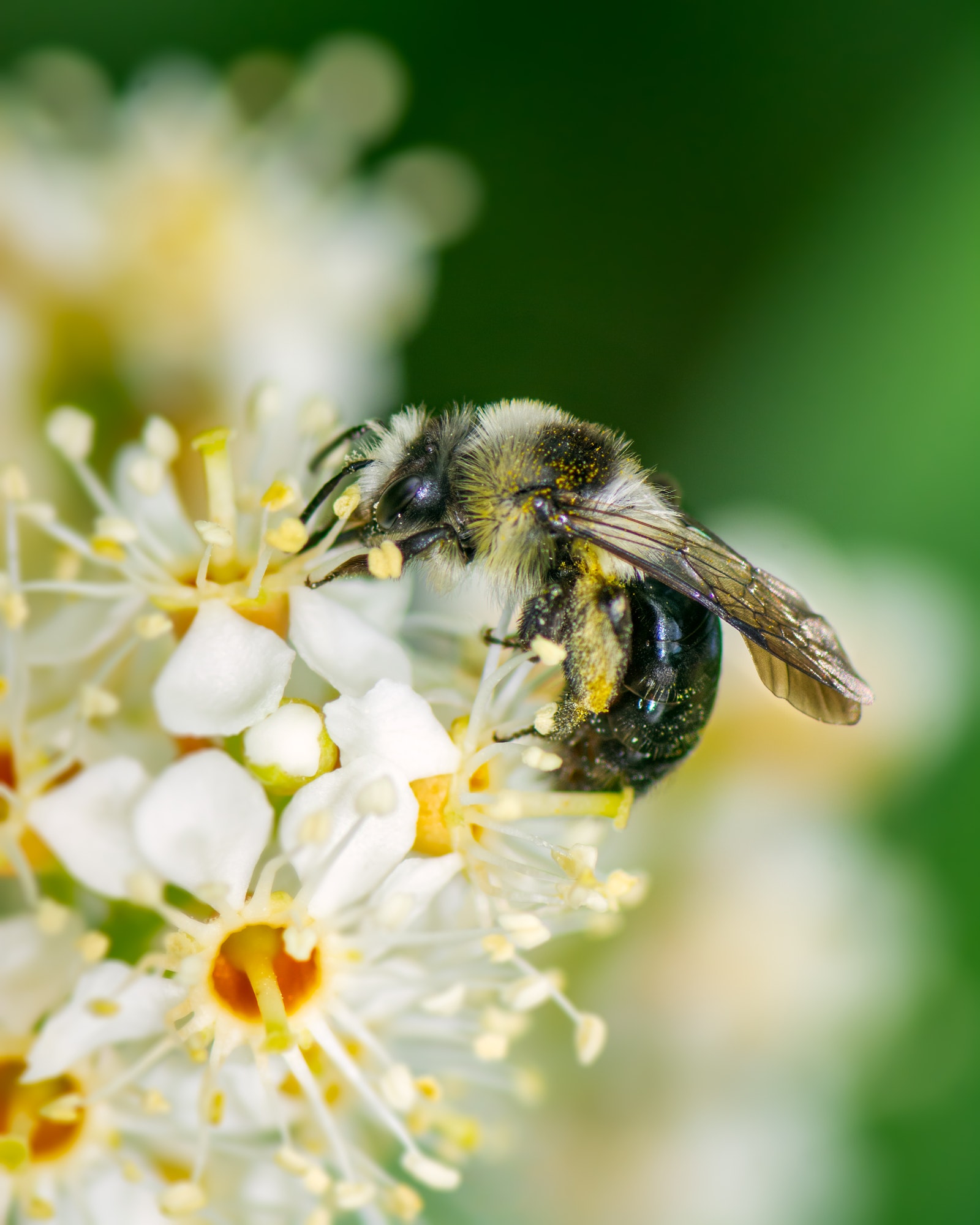
The food we consume on a day-to-day basis mainly relies on pollination done by bees and other insects. This is being depicted in the University of Minnesota’s Bee Lab Pollination report, “More than one-third of the world’s crop species such as alfalfa seed, sunflower, and numerous fruits and vegetables depend on bee pollination, an ecological service valued in North America at $20 billion a year”.
This detail demonstrates how the ecosystem depends on bees as there is a result of healthy crops and plants every year for the work bees put in. Additionally, honeybees are known to be the most important pollinators since they fertilize crops such as apples, broccoli, cranberries, and melons. Most of the world’s yearly crops would not exist if it weren’t for the bees during springtime. This plays a role in the biodiversity system because the effort bees put into making sure plants, flowers, and shelter are secured allows other different species to coexist with the help of these flying insects.
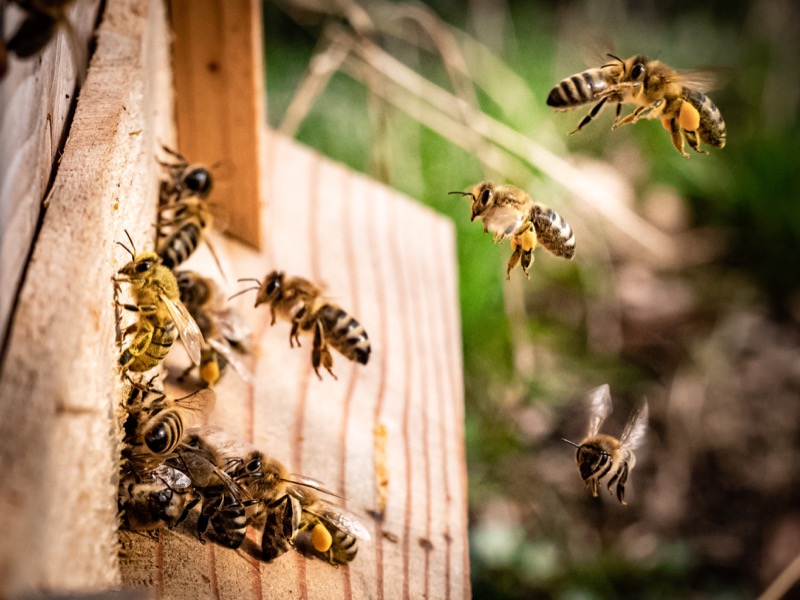
During this time period, bees also guarantee that they put aside an abundance amount of honey for their little ones in colonies for when winter comes. Many other creatures including humans, birds, and insects also rely on nutritious honey that is produced by bees. This golden, savory liquid is produced by using the nectar that was obtained from flowers and a little bit of saliva which then gets stored in its special sac. It’s mind-blowing that bees are known to visit more than 100 flowers in one trip. This is also being illustrated by NASS Highlights Honey Bees, “The average honey yield per colony that year was 54.4 pounds”. This piece of data represents how the number of trips made by bees allows there to be an increase in the production of honey. This gives the ecosystem such good satisfaction where all insect needs are being met as they are dependent on this specific substance that is allowing them to function. Furthermore, this creation of honey grants other bees a chance at survival.
Bees provide such an astonishing amount of ecosystem service whether it’s for their contribution in production, pollination, and how numerous insects rely on bees for nourishment. As the human population, we need to ensure that there isn’t a following decline in the bee species as these insects are harmless and accommodating.
